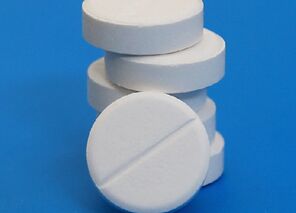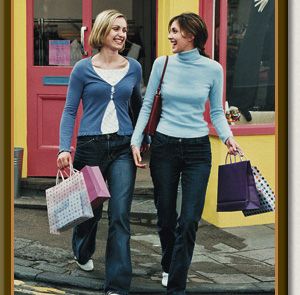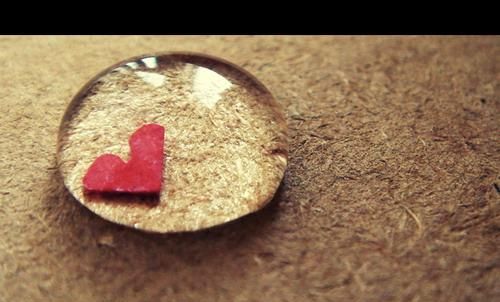中国药企热衷对美出口仿制药
|
Chinese pharmaceutical companies are stepping up their push into the US generic drugs market with the number of approvals for copycat medicines almost doubling last year. In 2017, Chinese drugmakers won US Food and Drug Administration approval for 38 generic drugs, cheaper versions of treatments for which patents have expired, up from 22 a year earlier. This month, Jiangsu Hengrui Medicine, China’s largest pharmaceutical company with a $35bn market capitalisation, became the latest to win approval for its generic of anaesthetic desflurane.
The number of approvals is small in comparison to India — the world’s largest exporter of generic drugs with $16.4bn of offshore sales in 2016 — which last year accounted for 300 of the 927 generic drugs granted US approval. But the first China-made generic drug was granted US approval in 2007, a decade after India. Manufacturers in China have traditionally made low-cost generics for domestic use. But they see sales in the US — the world’s largest generics market, worth $114bn in 2015 — as a way to boost revenues and prove their quality to Chinese patients who place greater trust in imported drugs. Increased generics exports contributed to an 8 per cent year-on-year rise in exports of western medicines from China in 2017 to $3.5bn, according to Chinese officials, though that figure includes drugs made by multinationals in China. “From a manufacturing standpoint, many Chinese facilities have approval from the FDA or European drug authorities, so are on the same level as overseas companies,” said John Lin, a partner at consultancy Roland Berger. Jiangsu Hengrui Medicine has gained half a dozen FDA approvals in the past year, including two that are the first generic alternatives to existing products and command higher margins than other, later generics. The company, which will release its annual results this month, predicts US approvals helped its overseas revenues grow at “near to double digits” last year, said Zhang Lianshan, the company’s president of global research and development. The price difference between a branded drug and the generic can be significant. According to the US National Average Drug Acquisition Cost database, the cost of a single tablet of Lipitor, a statin that lowers the risk of heart attack, is more than $10 for a 20mg pill, whereas the generic form costs just 6 cents. Prices have fallen in the US generics market in the past year due to consolidation among drug retailers, squeezing margins for manufacturers. But Hengrui believes exports can also boost domestic sales. “You can generate revenue outside of this country but also you give the Chinese patients assurance quality-wise and that’s good for sales in China,” said Mr Zhang. The company is focusing on exports of injectable and inhalable products, which have higher manufacturing standards than tablets and so command higher margins. Apart from Hengrui, Chinese companies exporting generics include Zhejiang Huahai Pharmaceutical, which gained eight FDA generic approvals last year, and CSPC Hebei Zhongnuo Pharmaceutical, based near Beijing, which gained five. Shanghai-based Fosun Pharma paid $1.1bn for a majority stake in India’s Gland Pharma last year, which will boost its US generics presence. Hengrui is considering assembling its own sales force in the US rather than relying on third parties, Mr Zhang said, as the company seeks to overcome the advantage enjoyed by India where “the environmental costs are lower and wages are lower”. |









